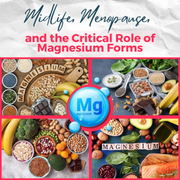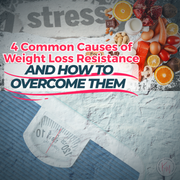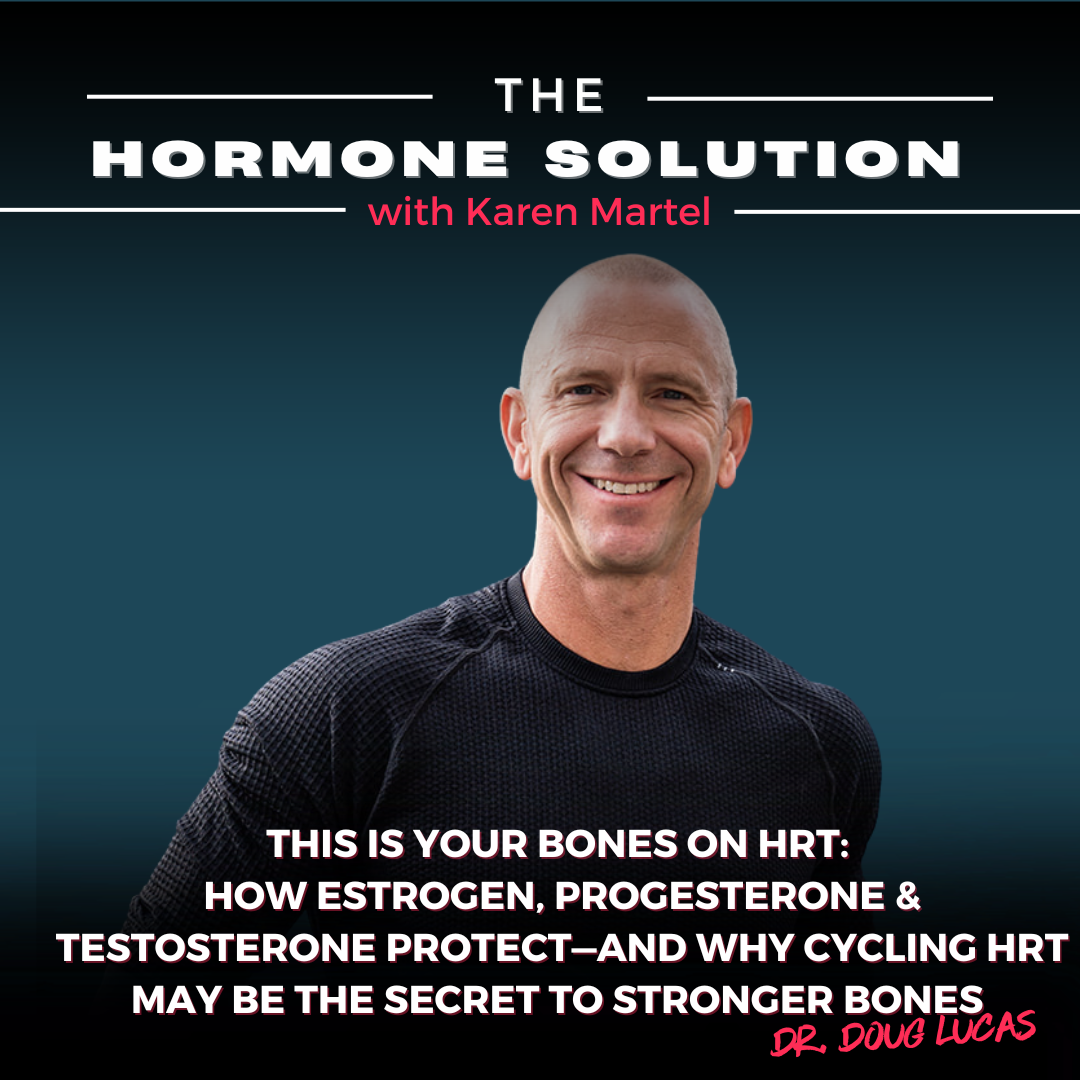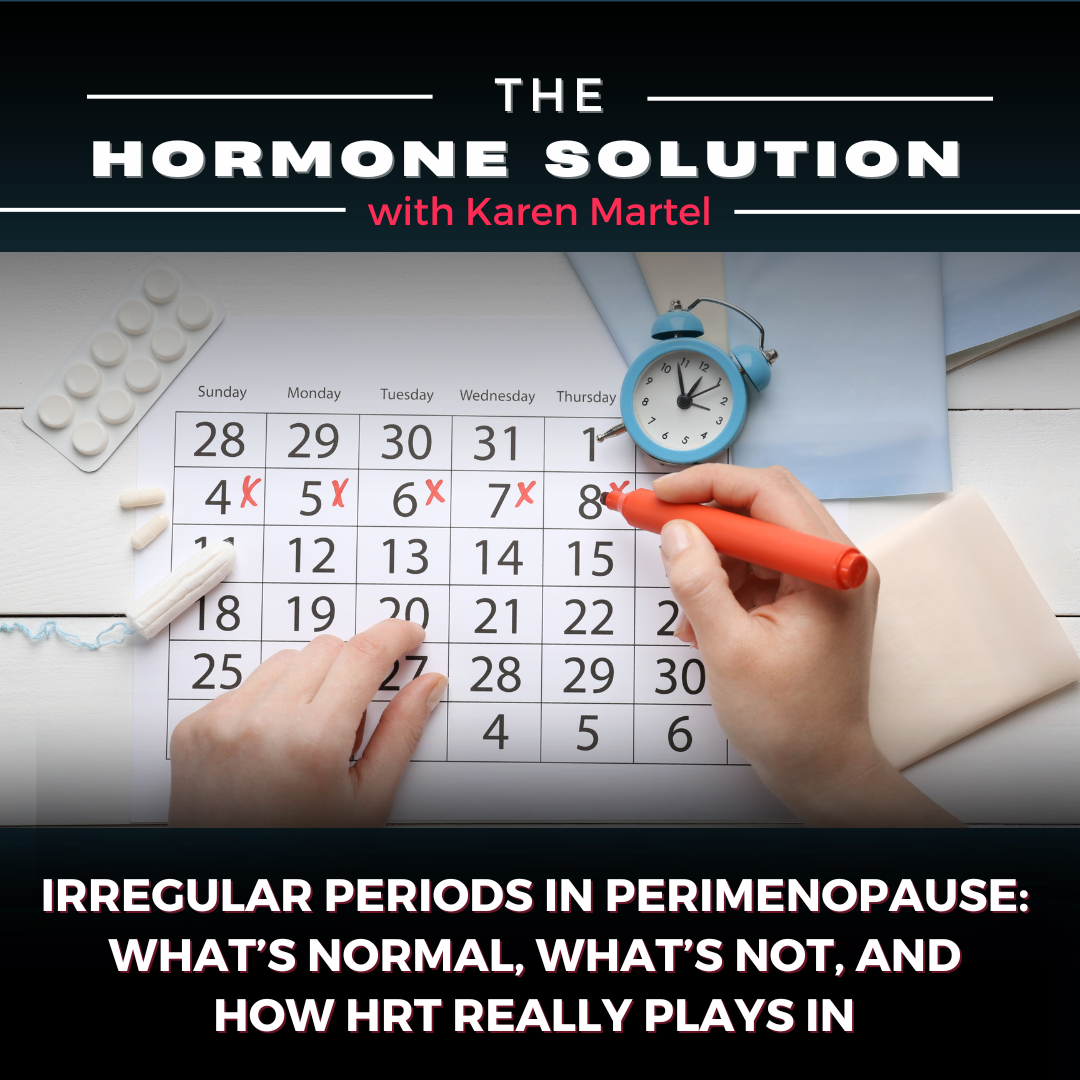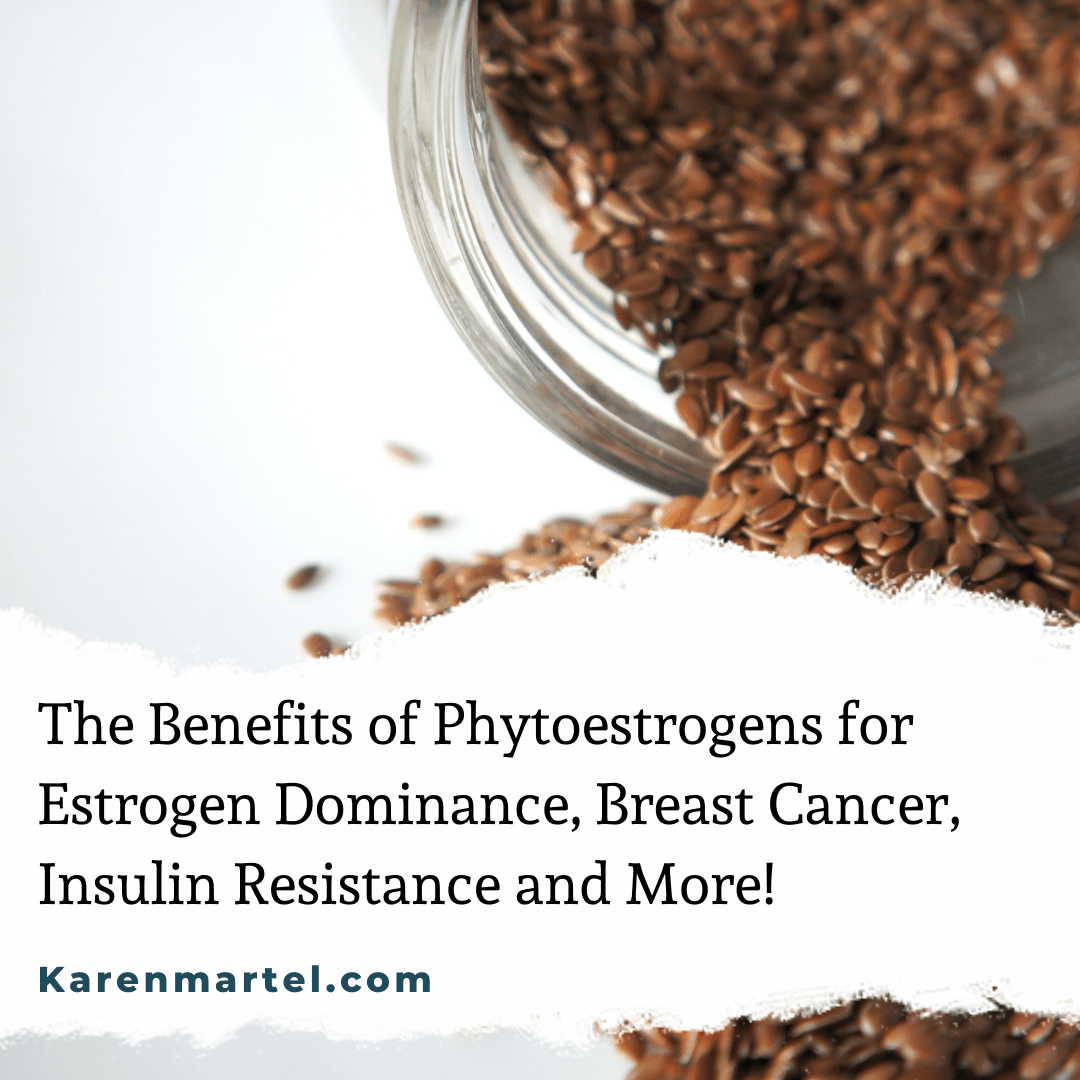
The Benefits of Phytoestrogens for Estrogen Dominance, Breast Cancer, Insulin Resistance and More!
Phytoestrogens are a special group of phytonutrients that occur naturally in most plant foods. The two major classes areisoflavones in soy, andlignans in seeds, like flax and sesame. They’re called phytoestrogens because they interact with estrogen receptors. There has been much controversy among health enthusiasts and medical professional alike. Let’s clear up any misunderstandings about phytoestrogens, particularly when it comes to flax seeds.Flax seeds are the richest source of plant estrogens. They contain great dietary fiber and precursors to Omega 3 type compounds and lignan precursors. When you have a healthy gut microbiome and you eat the precursors in a flax seed muffin, for example, it’s metabolized and the bacteria inside the gut will activate these lignan precursors and you get hormone modulating compounds that are similar to estradiol. This is where the controversy comes in.
Are these hormone-like plant estrogens acting toward our benefit or detriment? Plant estrogens are not the same as estrogens your body makes or bioidentical HRT. They can be called SERMS – Selective Estrogen Modulators which means they act in a way to modulate (or control) how our hormones work and have estrogen-like activity. So, the thought has been that if you have an estrogen-driven disease, you should stay away from plant estrogens, particularly flax. There was a study that showed that plant estrogens actually protect against estrogen diseases.
One study, published in the Journal of Epidemiology, which included 800 women over a period of 9 years found that plant estrogens lower the risk of endometrial cancer because of its protective properties. In human studies, a diet high in lignan intake is associated with reduced breast cancer risk in pre- and post-menopausal women. This study took postmenopausal women who were newly diagnosed with breast cancer and gave them a muffin with 25 grams dietary flaxseed (2 heaping tablespoons) every day for 30 to 40 days.
The results revealed that these women had significantly reduced the size of their tumors because the estrogen modulating lignans made by the gut bacteria reduced tumor growth. (Dietary flaxseed alters tumor biological markers in postmenopausal breast cancer - PubMed (nih.gov) "Thompson LU"[Author] - Search Results - PubMed (nih.gov) A study on Canadian women who consumed lignan-rich flax seeds showed a reduction in breast cancer.
Even in mice, when flax seeds were added to their diet, there was reduced tumor production even when they were exposed to a chemical that causes tumors. Interestingly, when estradiol delivers its signal to estrogen receptors in the body, it can signal thousands of actions. But when plant estrogen goes through the body and delivers its signal, it’s a softer, quieter one that protects against excessive estrogenic signaling. Think of it as the difference between the sound of a fog horn on a cruise ship and that of a horn on a child’s bicycle.
Animal studies have shown that lignans can also slow the growth of colon cancer.
Let’s talk about reproductive-aged women for a moment. When a woman becomes pregnant, the breast changes from just breast tissue to milk-producing breasts. The process in which a cell changes from one cell type (breast tissue) to another cell type (milk-producing breasts), is called “differentiation”. Differentiated tissue is healthier tissue. The more differentiated a tissue is, it is less vulnerable to cancerous growth. Exposure to flax seeds makes breast tissue differentiate, making it less vulnerable to cancerous change. Thus, the more pregnancies you have the less your risk of breast cancer. For women of reproductive age, phytoestrogens have a beneficial anti-estrogen effect and help to promote the healthy metabolism or detoxification of estrogen.
When it comes to perimenopause and menopause phytoestrogens can be of great relief to women going through this midlife transition. As we head into menopause our estrogens drop dramatically and with it can bring a whole host of terrible symptoms. One study showed phytoestrogens greatly reduced hot flashes. Numerous other studies are finding positive effects for hot flashes and other perimenopausal symptoms, and more research is being conducted for this use of phytoestrogens.
Insulin resistance can make an individual more prone to cancer. Flax seeds boost the production of adiponectin, a hormone that regulates glucose levels in adipose tissue – body fat. So, consuming flax seeds lowers insulin resistance as well as vulnerability to cancer. A study was performed on 70 women between the ages of 18-40 years old with PCOS to determine the effect of soy isoflavones had on their condition.
In 12 weeks, insulin resistance and hormonal balance improved, having a beneficial effect on PCOS. The Effects of Soy Isoflavones on Metabolic Status of Patients With Polycystic Ovary Syndrome - PubMed (nih.gov) Eating seeds regularly block toxic substance such as lead, heavy metals, environmental toxins or chemicals from delivering potentially dangerous signals in the body. One of the risk factors of recurring cancers are these environmental toxins that disrupt the hormonal system.
How can I get more of these protective lignans into my diet? Here are some great food sources: flax, sesame, curly kale has lignan precursors, broccoli, apricot, cabbage, brussels sprouts, and low levels are found in strawberries. Chia seeds are also very high in ALA (alpha linolenic acid) which decreases tumor growth so feel free to mix them in as well. Soy is one of the most powerful phytoestrogens that come in just under flax. Soy however is one of the most heavily processed foods, is a high food sensitivity and contains some of the highest amounts of GMO. If you are going to eat soy, for it's phytoestrogen benefits, be sure to eat organic, whole food based soy (not fake soy meat or soy milk) instead of processed, think organic tofu or tempeh.
In summary, Flax seeds are actually growth hormone balancers, that counter “out of control”; cancerous growth. Flaxseed components reduce blood flow to tumors. It normalizes estrogen patterns, brings the hormones in balance to one another, reduces insulin resistance locally and systemically. Flaxseeds boost the protective molecules “good” family of cytokines that block breast cancer. Seeds, like flax, sesame and sunflower calm down cell growth and make it more balanced. Flaxseeds are anti-tumor growth action in both estrogen positive and negative breast cancer tumors; but works best in estrogen positive tumors.

Find Karen Martel on Apply Podcast
Karen Martel is a Certified Hormone Specialist and Transformational Nutrition Coach dedicated to empowering women through their health journeys.
As the host of the popular podcast The Hormone Solution, Karen tackles the complexities of hormonal health, weight loss resistance, and the challenges that come with perimenopause and menopause.
Her mission is to disrupt outdated narratives surrounding women's health, providing reliable information and practical solutions that help women reclaim their vitality.
Tune in to discover how to embrace life's stages while enhancing overall well-being.

